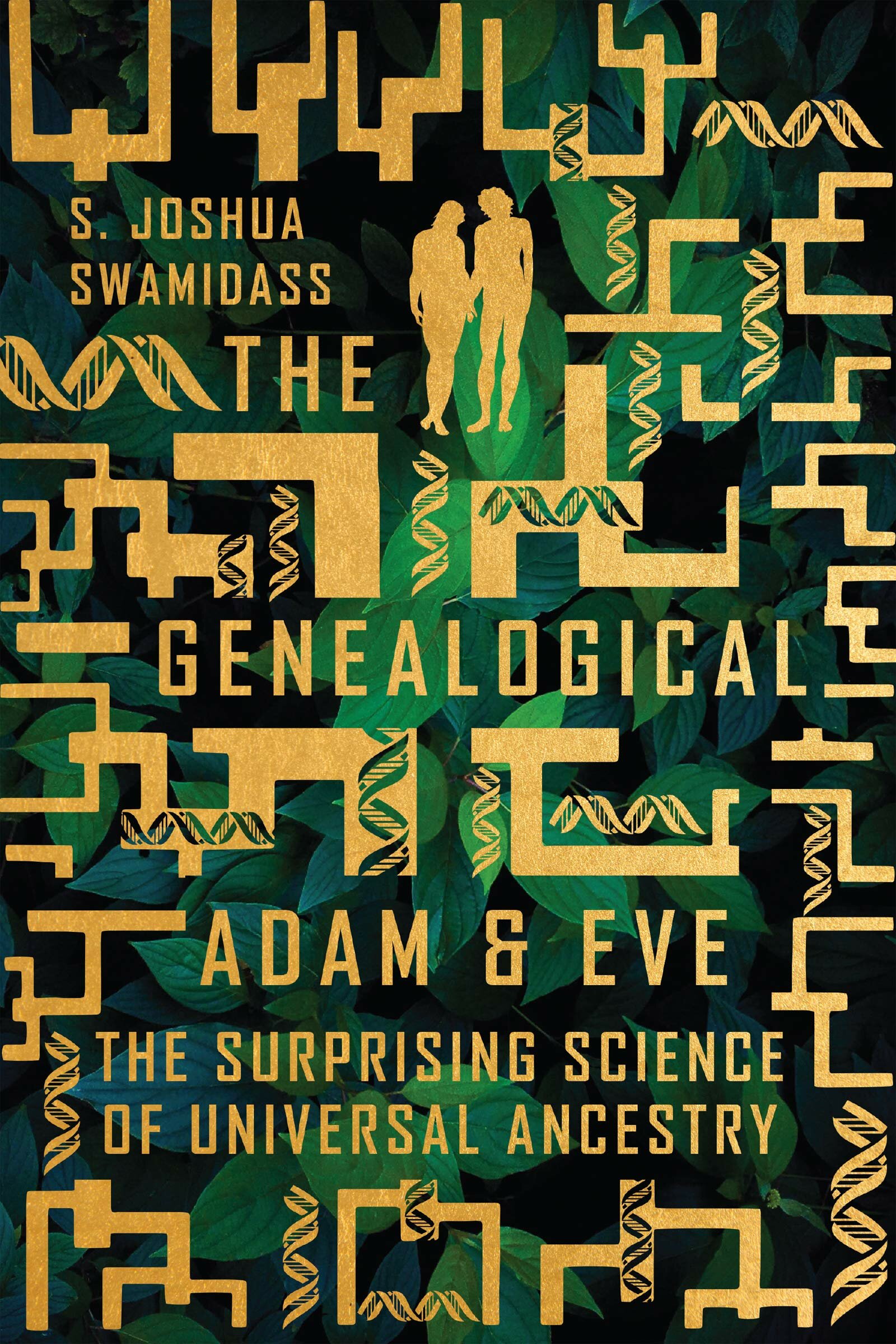I’ve been pretty firm in most of my beliefs as long as I can remember. Even when it comes to some hot button issues, it takes a lot to change my mind. Take the origins of the earth, for example. I would say that I’ve classified my belief in the creation story from Genesis as that of an old-earth creationist as long as I’ve been able to think about it.
When I say that, I mean that I believe that the account in Genesis describes as accurately as people who lived thousands of years ago could how God created the earth. I believe that the Bible is God’s infallible word to humanity, but I also know that it’s not a science textbook.
Some people believe that our universe it about 6,000 years old based on what they read in Genesis. I don’t begrudge anyone who believes that, but I tend to think of the word “day” in Genesis 1 as representing a longer period of time rather than a strict 24-hour period.
At the same time, I’ve had a hard time with the theory of evolution. Part of my problem with it stems from the notion that most proponents of evolution remove God from the equation, while the apologists for atheism have used evolution to supposedly “prove” that God doesn’t exist.
Even some organizations of Christians who believe in both the God of the Bible and evolution deny the Biblical account of Genesis, calling it a metaphor or legendary story. As someone whose belief doesn’t waver from the inerrancy of scripture, I have a hard time with that view of Genesis.
Dr. Joshua Swamidass is part of a different breed of thinker. He’s a believer in Jesus who is also a scientist who happens to believe in evolution. He, along with other scientists and theologians, are looking for ways to reconcile creation and evolution, to reconcile what they see as settled science with what they also see as God’s inerrant word.
Swamidass makes a compelling case for reconciling creation and evolution in his amazing book The Genealogical Adam and Eve: The Surprising Science of Universal Ancestry. I read the hardcover version, which contained some of the smallest print of any book I’ve ever read. It’s also deep reading that requires plenty of concentration.
What’s most important about Swamidass and his take on human origins is the heart behind what he has to say. Swamidass doesn’t seek to beat his readers over the head with either evolution or the creation account from Genesis; rather, he wants readers to find common ground at be at peace with what portions of these ideas they believe in.
Swamidass affirms the infallibility and inspiration of the Bible. Multiple times throughout the book, he refers to the Chicago Statement on Biblical Inerrancy. Where he finds room for evolution is where the Bible is silent.
The bridge that Swamidass attempts to build between creation and evolution – and this is no spoiler alert, because he aims to make his case from the start – is the idea that God created Adam and Eve out of nothing in the Garden of Eden, but that other human beings outside the Garden had evolved. Once God banished Adam and Eve from the garden, their descendants bred with the other humans and populated the earth, making Adam and Eve genealogical ancestors to all of us.
Swamidass looks at his ideas from scientific and theological perspectives and even spends some time examining the objections to them from both angles. His heart is for reconciliation, and he seems to have considered everything with his scientific mind. I appreciate his head-and-heart attempt to make sense of it all.
At the end of the day, I’m not completely convinced, but I’m certainly more open-minded about this attempt to reconcile creation and evolution than any of the other attempts I’ve read and seen before. Swamidass has made the most plausible and reasonable case in my book.
Check out the previous installments in Chris Queen’s Liberty Island writings on faith:



Comments
Leave a Reply